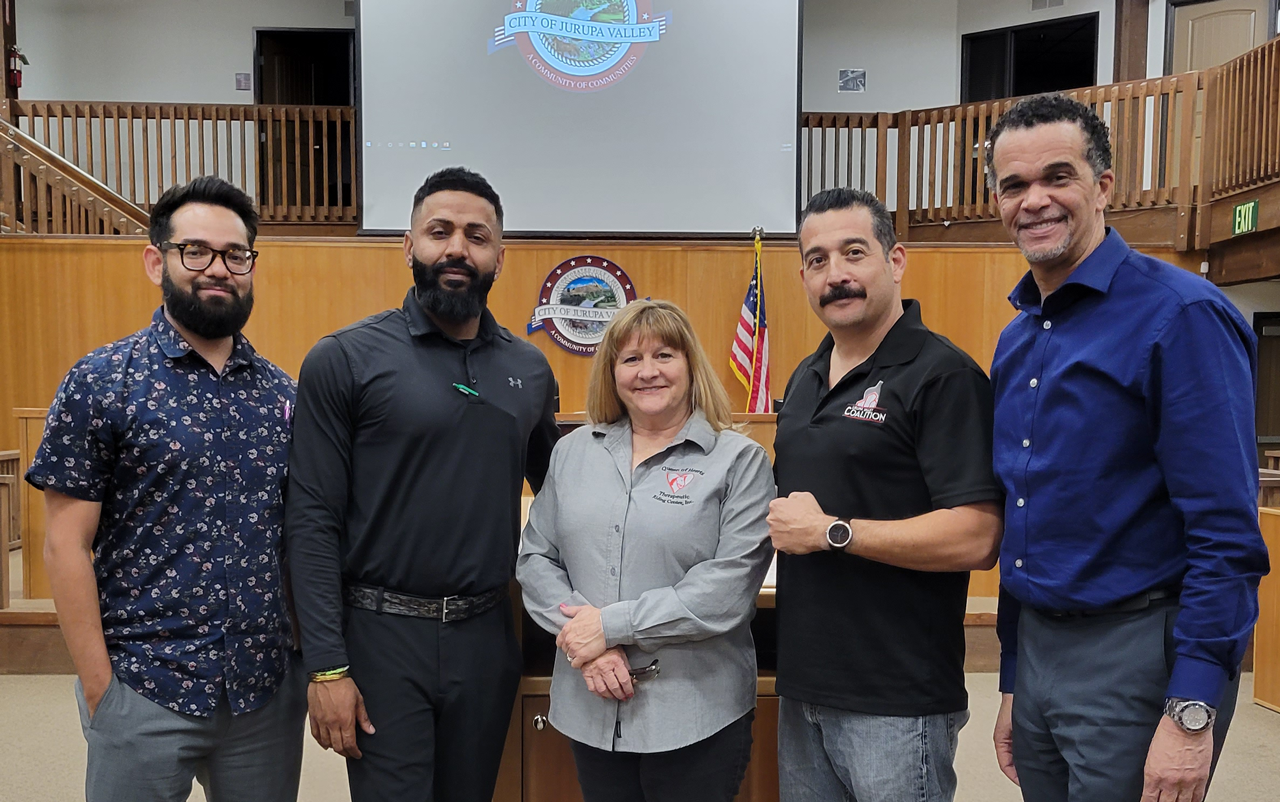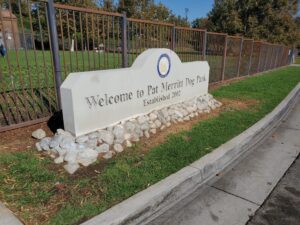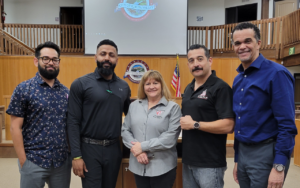A proposed free tax-preparation program designed to provide financial relief to low- and moderate-income families in Jurupa Valley was recently at the center of a contentious decision by the City Council. The program, which had received approval from the Community Development Advisory Committee (CDAC), offered a practical and impactful solution to help residents access their full tax refunds without incurring out-of-pocket expenses.
Program Details and Potential Benefits
The proposed program aimed to offer free tax preparation services to families who often pay hundreds of dollars for basic tax return assistance. According to the National Society of Accountants, the average cost of tax preparation is $250—a significant expense for families already struggling to make ends meet.
By saving residents this fee, the program could redirect funds toward essentials like groceries, utility bills, transportation, and housing costs. With a modest $3,600 grant from the city, the program was projected to serve approximately 300 residents, resulting in an estimated $75,000 in community savings. These savings would not only benefit individual families but also boost the local economy by increasing spending in Jurupa Valley businesses and contributing to sales tax revenue.
Approval and Rejection
The Community Development Advisory Committee (CDAC), composed of appointed Jurupa Valley residents, reviewed and approved the program after a rigorous evaluation process. This included a workshop on grant requirements, presentations by applicants, and deliberations on how best to allocate funds designated for affordable housing, anti-poverty initiatives, and infrastructure development. The committee’s recommendation reflected a thoughtful analysis of how to maximize the impact of the available resources.
However, when the City Council reviewed the recommendations, they chose to allocate the entirety of the funding to a single organization, Path of Life Ministry, which primarily focuses on addressing homelessness. While Path of Life Ministry’s work is undeniably important, this decision overlooked the potential of other creative solutions, including the free tax-preparation program, to prevent financial instability and homelessness before it begins.
A Missed Opportunity
“Imagine my surprise when I tuned in to the council meeting only to find that the CDAC recommendations had been disregarded,” said Tyler Byrne, the program’s creator. “The council’s decision not only dismissed the hard work of the CDAC but also ignored the broader potential of programs like ours to address homelessness prevention in innovative ways.”
Byrne pointed out that the city’s existing Homeless Outreach Program costs $150,000 annually to support an estimated 150 homeless individuals, or $1,000 per person. In contrast, his program could have delivered significant financial relief to 300 residents for just $3,600—a cost of only $12 per resident.
Systemic Issues and Community Frustration
Byrne’s frustration reflects a deeper concern about how the city approaches solutions to community challenges. “Our city has set up a system to oversee these processes, including a knowledgeable staff and a community committee created to make informed recommendations,” he said. “When the council disregards these recommendations, it sets a bad example for how major decisions are made for our residents.”
Ultimately, the program was later funded through alternative means and proved to be a resounding success, highlighting its potential to make a meaningful impact on the community. However, the initial rejection underscores systemic issues within the city’s decision-making process and raises questions about whether current leadership prioritizes the best interests of its residents.
Call for Change
“This was a no-brainer program that could have significantly helped our community,” Byrne emphasized. “It’s time for our city leaders to focus on creative, low-cost solutions that directly benefit residents, rather than pushing their own agendas or maintaining outdated approaches.”
As Jurupa Valley continues to grow, residents are calling for leadership that values innovation and collaboration to address the city’s pressing issues. Programs like the free tax-preparation service demonstrate that small investments can have a significant and lasting impact, proving that proactive solutions are often the most effective.







